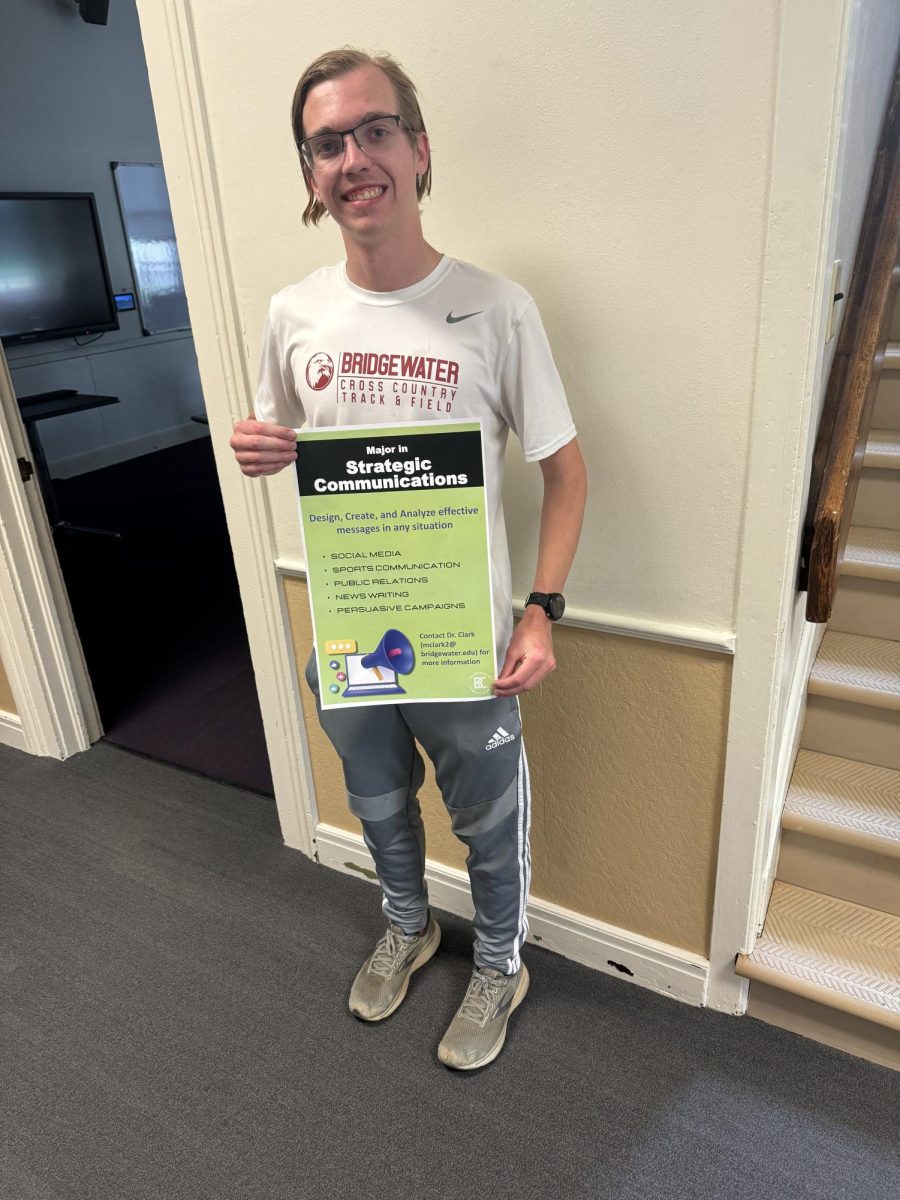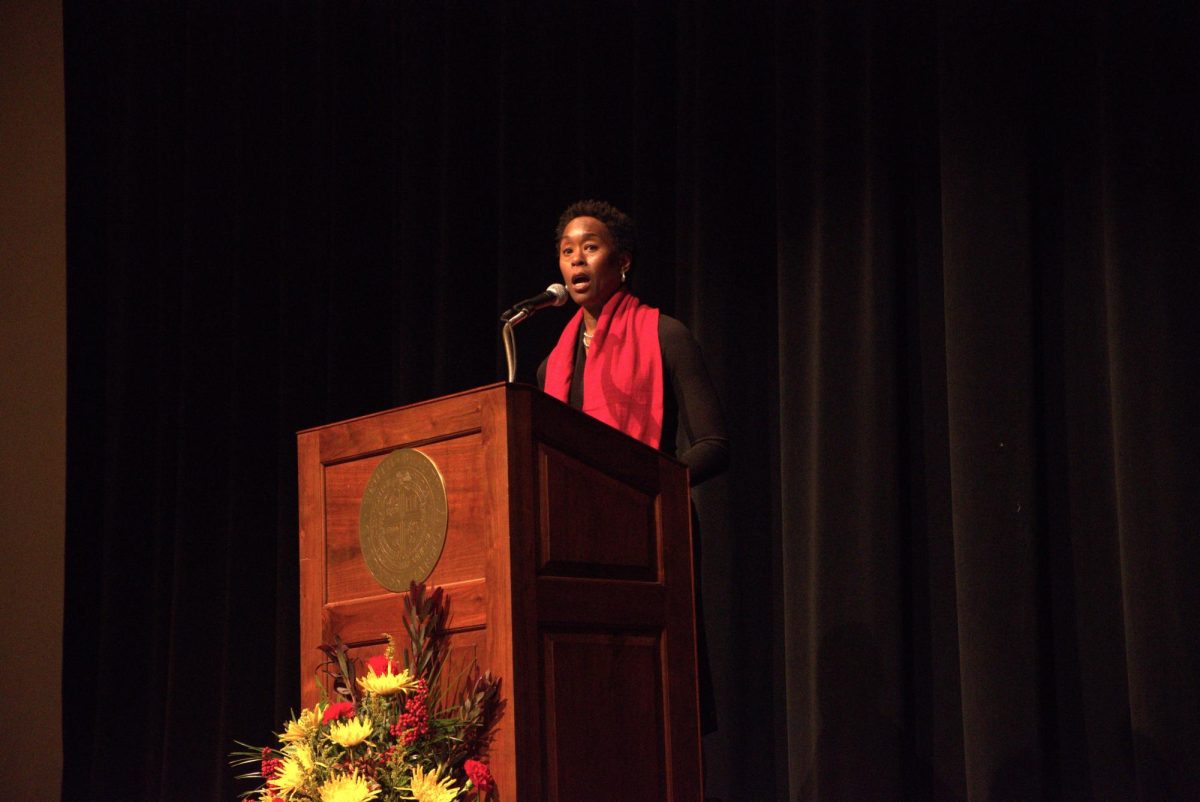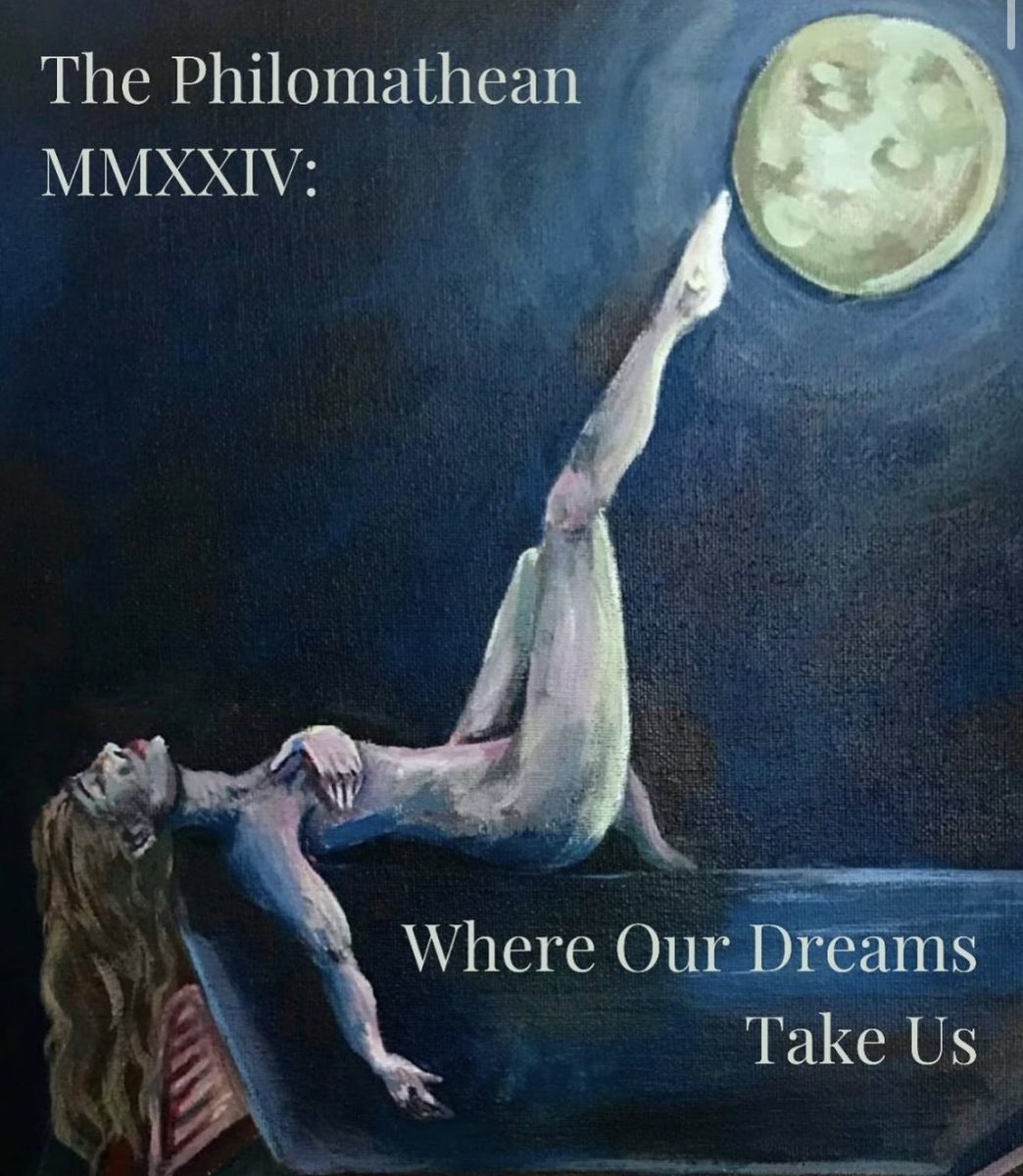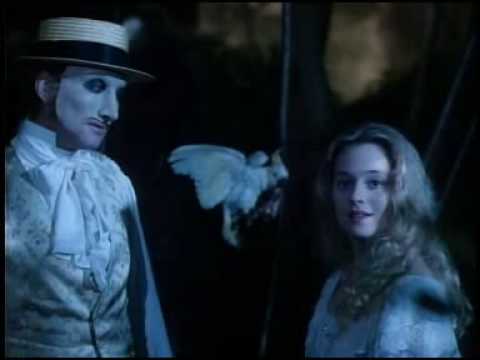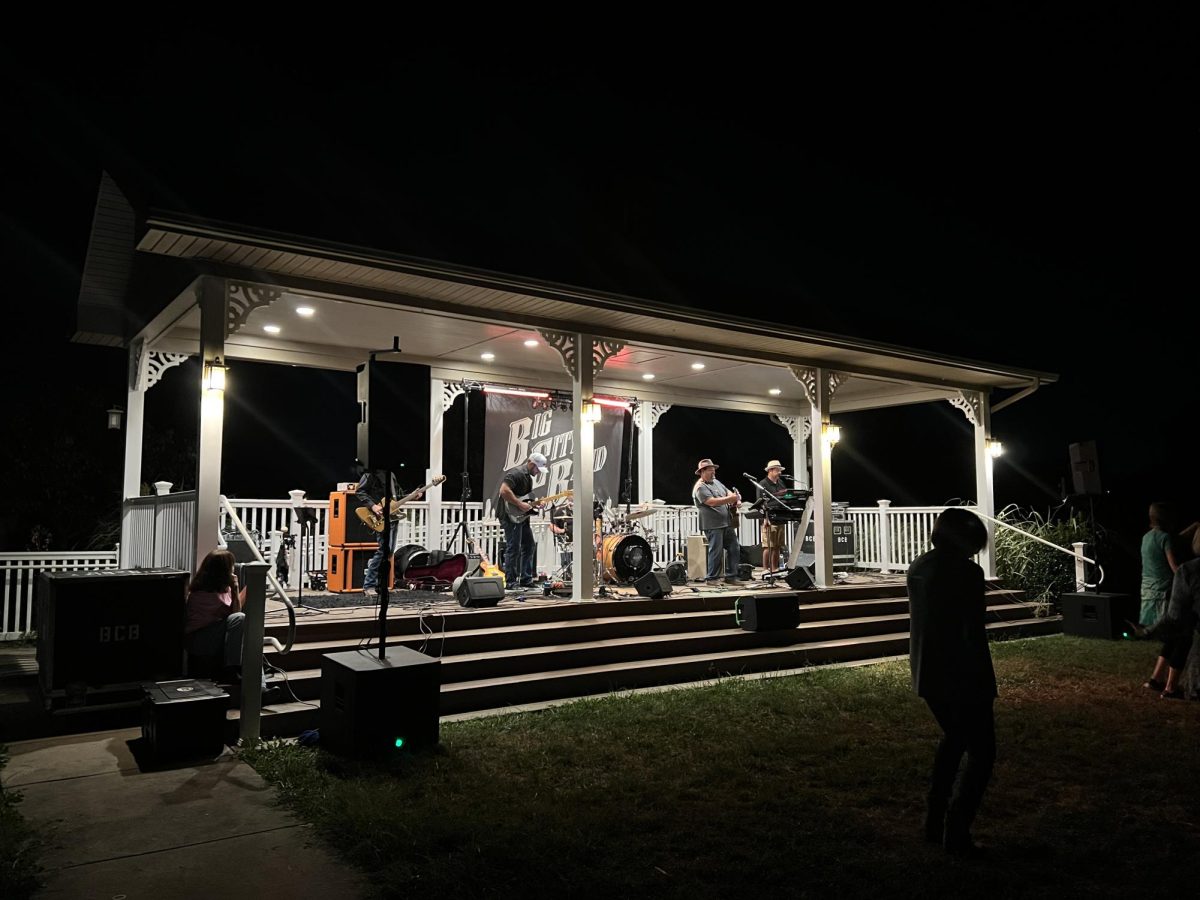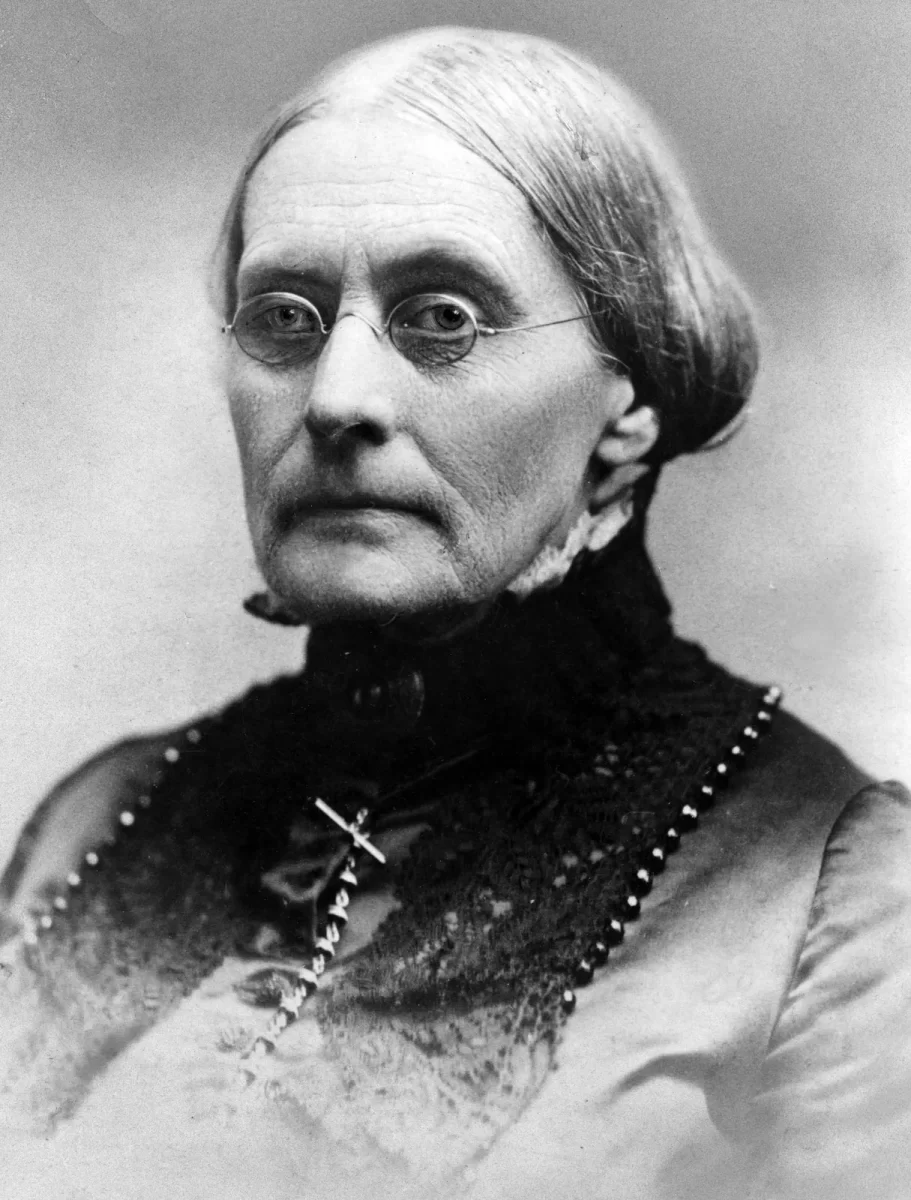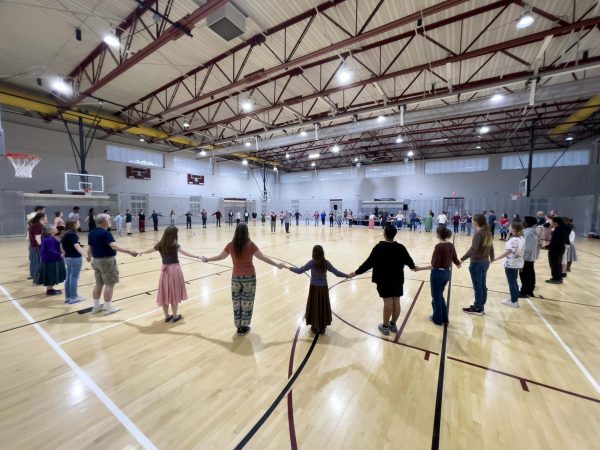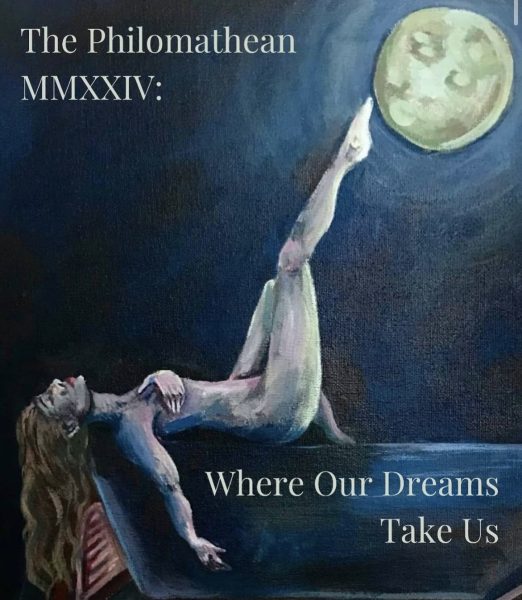Bridgewater College Theatre Makes History
Production of “American Buffalo” as the First Rendition to Have Females in the Cast
The cast celebrated after their Thursday night performance of “American Buffalo” – which features females playing the roles of males for the first time with permission from producer David Mamet. Pictured are sophomore Jacob Leech, who plays Don (left), senior Kylee Lorio as Teach (middle) and junior Adam Lorfink, who plays Bob (right).
March 29, 2022
Bridgewater, Va.- On March 24 and 25, Bridgewater College theatre performed its own rendition of the play “American Buffalo” by David Mamet. The play is a staged reading and took place in the Black Box Theatre at 8 p.m. The play was directed by seniors Kylee Lorio and Shayne Williamson.
“For me, this play is the end. It’s my last show. It’s my last directing endeavor,” said Lorio. “It’s a culmination of the last three years—every role I’ve ever had, every show I’ve ever directed, everything. It’s so bittersweet. But I am so glad that this is my last show. I’m one of a few women lucky enough to ever play a role in a David Mamet show and it’s a dream.”
The play features Don, who is played by sophomore Jacob Leech. Bob is a bargain shop owner who sold a buffalo nickel to a customer for what he believed to be a reasonable price of $90. Now, Don has reason to believe that the coin is worth so much more.
Don and his underling, Bob, also known as Bobby, devise a plan to rob the man and steal the coin back. Bob has been stalking the customer to track his whereabouts and he informs Don that he has left for the weekend with a suitcase in hand.
Act I continues, and eventually another character named Teach, who is one of Don’s poker buddies, convinces Don to let him be involved in the plan and have Bob sit this one out. Teach convinces both Don and Bob to put him in charge of the act of stealing the coin, as he claims he has more experience. Teach even suggests that they should steal more than just the coin so that they can make an even bigger profit.
Act II happens before midnight that same evening. Teach and Don are tying up some loose ends with the plan while they wait on Fletcher, another poker buddy that Don insisted join them.
Fletcher, however, is running late and is unresponsive. Teach tells Don that Fletcher cannot be trusted; he says that Fletcher is a cheater when playing poker, and that he bets Fletcher is trying to cheat them out of their money by stealing the coin himself.
While Teach and Don are arguing, Bob shows up and tries to sell Don a buffalo nickel that looks suspiciously similar to that of the one Don sold at the beginning of the play. When confronted, Bob avoids giving a solid answer.
Don interrogates him about Fletcher’s whereabouts and Bob tells him that he is at a specific hospital. Yet when Don calls to confirm, the hospital has no record of Fletcher. Teach becomes distrustful of Bob and clubs him on the head with a coin book.
However, Ruth, a friend of Don’s, calls and corrects him on the name of the hospital. Don finds out that Bob was telling the truth, Fletcher was in the hospital with a broken jaw.
It turns out that Bob fabricated the story of the customer leaving that weekend. He simply bought the other coin from another coin dealer to give to Don as an apology for losing track of the customer who scammed him out of his money.
The play ends with Don and Teach taking Bob to the hospital to treat his head injury. All is well with the trio and they end on good terms.
“I personally think the moral of the story is never put too much faith in people, no matter how close or how nice. Loyalty can backfire,” said junior Adam Lorfink, who played the role of Bob.
The play is a story about toxic male masculinity, violence, poverty and greed.
“In ‘American Buffalo,’ bad people get away with even worse things. The audience doesn’t learn anything, but they are left with complicated feelings. After the show, I hope the audience leaves the theatre, goes home, and wrestles with those heavy feelings. How does America treat the impoverished? Why do we, as a society, equate masculinity with violence? So there’s not much of a moral, but I hope it makes you think,” said Lorio.
In David Mamet’s original production of the play, there were only male identifying actors and characters. However, Lorio and Williamson put on a twist by having one female identifying actress play a male identifying character.
“This production is making history as David Mamet never really has plays with women in them and never allows his parts to be played by women and he decided to let us be the first to do it with Kylee playing Teach,” said Lorfink.


